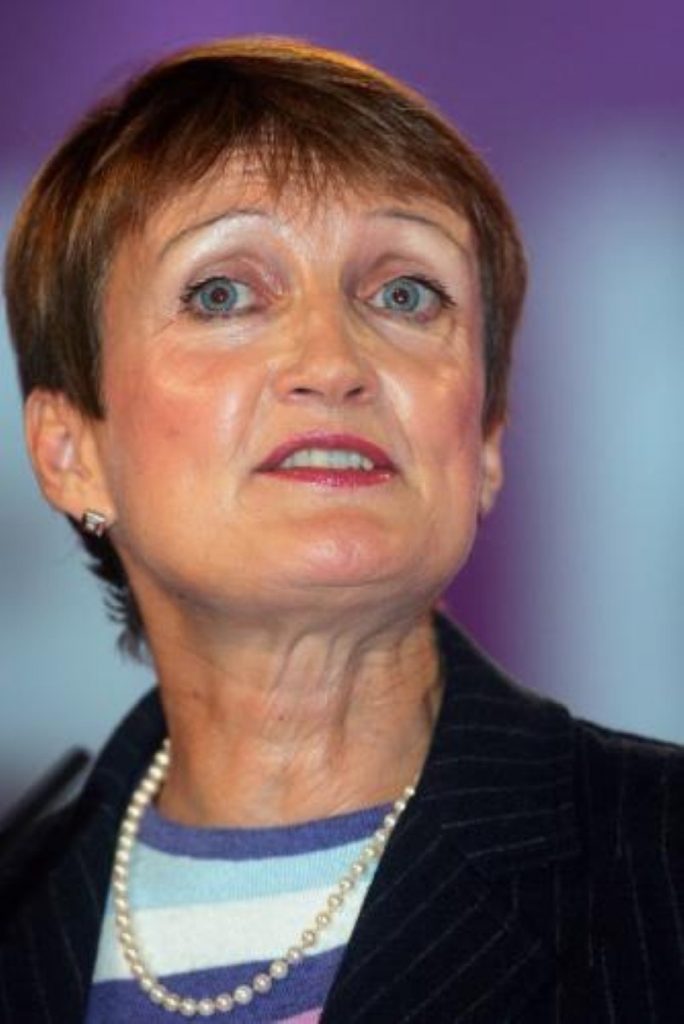Jowell rules out banning online gambling
Banning online gambling would only drive the industry “underground” and there is no question of the government taking such a move, Tessa Jowell has said.
The culture secretary was speaking as delegates from more than 30 countries attend an intentional gambling conference at Ascot today.
They will discuss how children and vulnerable adults can be protected from the dangers of online gambling, through voluntary agreements, and the possibility of agreeing international minimum standards is also on the agenda.
Speaking this morning, Ms Jowell said that although the number of gambling addicts was growing, Britain would not take the approach of the US, which has banned online gambling sites.


“In relation to gambling, you have three choices – you allow the market to rule, which some jurisdictions do, you prohibit, which some jurisdictions do, or you regulate,” she told Today.
Likening the US ban to prohibition of alcohol in the early 20th century, she argued it could be counterproductive, saying: “If internet gambling were to be prohibited, it would drive it underground.”
Today’s summit would “attempt to establish a framework for international regulation to protect people against the risks on online gambling”, she said.
The Gambling Act 2005, which comes into effect next year, will provide the first coherent regulation of the industry in Britain and in particular, impose a new “social responsibility” on online gaming firms.
It will require them to make an effort to prevent under-age gambling, give warnings about gambling addiction and ensure players know how much they are spending.
An independent watchdog, the Gambling Commission, has been set up to regulate the industry, and today Ms Jowell suggested these stringent rules could see UK-registered gambling sites taking on a special “hallmark of quality”.
“We are creating a regime which for the first time will make it possible for online gambling sites to be registered in the UK,” she told BBC News 24.
“That’s not possible at the moment, but we do hope it will become a hallmark of quality for those companies that do register in the UK.”
She added: “By being licensed, we have signed up to the very tough regulatory codes to protect the public and that in time will be very good for their reputation.”
Elsewhere, reports in today’s The Times suggest the gaming industry is failing to live up to its promises to fund research and treatment for gambling addicts. The newspaper claims it has fallen short by £300,000.

